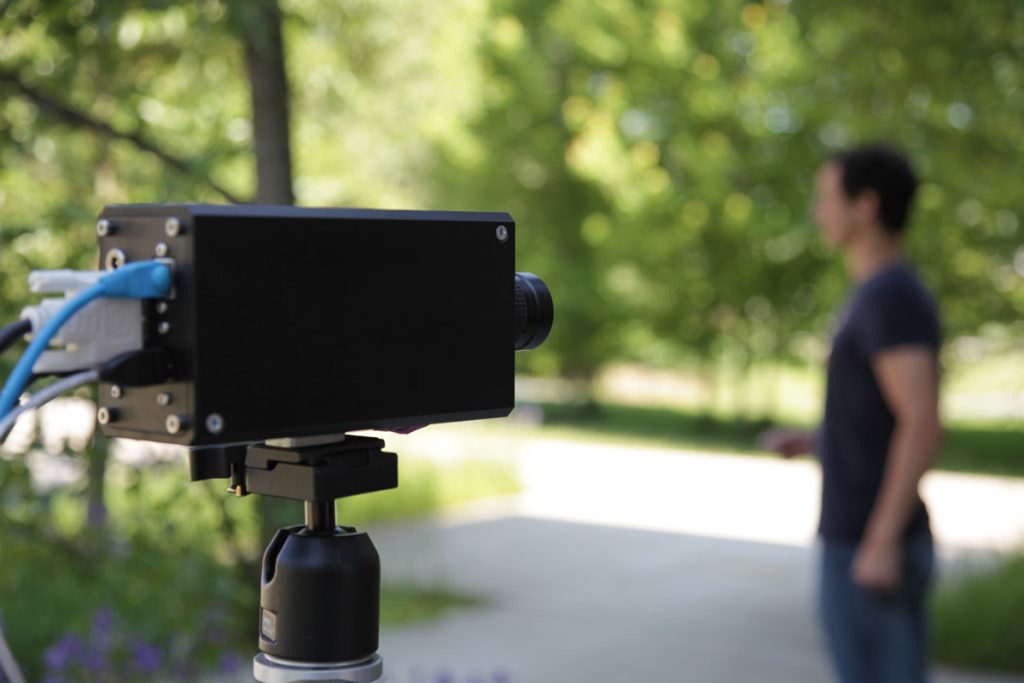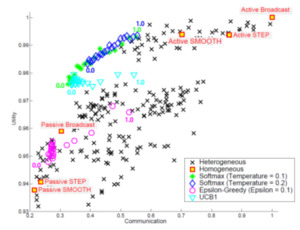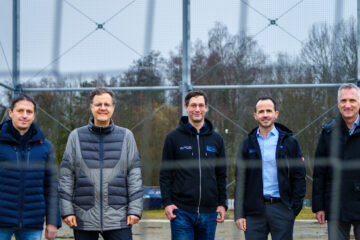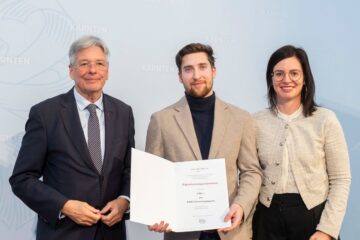
The European project “Engineering Proprioception in Computing Systems (EPiCS)” has been successfully completed with the final review meeting in Brussels. leading experts have investigated the design of novel computing systems by means of self-awareness and self-expression — concepts originally developed in psychology.
The four-year project EPiCS received funding from the Future and Emerging Technologies program which aims to initiate radically new lines of technology and cutting edge engineering. NES collaborated with the University of Paderborn (coordinator), University of Birmingham, Imperial College, University of Oslo, ETH Zürich, Airbus, and AIT.
In computing, the field of self-awareness (SA) is an emerging research topic that considers systems and applications that gather and maintain information proactively about their own internal states and environments, reason about their behaviors, revise their own goals, and adapt themselves. The presence of such knowledge permits advanced intelligent decision making in a dynamic and uncertain environment, which can support effective, autonomous, and self-adaptive behaviors. The concept of self-expression (SE) describes self-adaptive behavior that is based on the knowledge associated with system self-awareness. Self-expressive systems allow for adaptation to their users — limiting the need for users to adapt to fixed system behaviors.

Bernhard Rinner, who served as a work package leader in EPiCS, explains: “Self-awareness and self-expressiveness are promising for designing and operating future computer and communication systems which face a high degree of dynamics, uncertainty, resource constraints and decentralization.” The NES team showed that these concepts can improve the performance in real networks. “We deployed a network of smart cameras capable of autonomously tracking multiple persons as a demonstrator”, describes Lukas Esterle who recently completed his PhD on this topic. “We achieved self-aware and self-expressive behavior by applying auction mechanisms and online learning approaches for the first time in such networks” he concludes.
Publications
Lukas Esterle, Peter R. Lewis, Xin Yao, and Bernhard Rinner:
Socio-Economic Vision Graph Generation and Handover in Distributed Smart Camera Networks.
ACM Transactions on Sensor Networks, 10(2), 2014.
Peter R. Lewis, Lukas Esterle, Arjun Chandra, Bernhard Rinner and Xin Yao:
Learning to be Different: Heterogeneity and Efficiency in Distributed Smart Camera Networks.
In Proc. IEEE Intern. Conf. on Self-Adaptive and Self-Organizing Systems (SASO), Philadelphia, Sept. 2013.
Martin Reisslein, Bernhard Rinner, and Amit Roy-Chowdhury:
Smart Camera Networks.
IEEE Computer, 47(5):23-25, May 2014.




